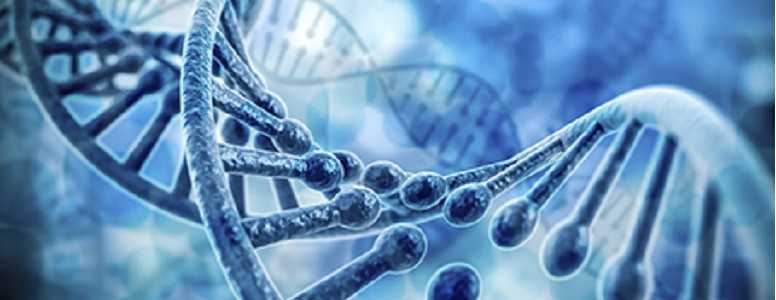Variants in the gene, TCF7L2, have previously been associated with type 2 diabetes and appear to play a role in a form of type 1 diabetes too, according to new research.
TCF7L2 stands for transcription factor 7-like 2. The gene is involved in insulin secretion by the beta cells of the pancreas.
The researchers, mainly from the US, reviewed data from 810 people with newly diagnosed type 1 diabetes from the TrialNet programme. The participants were aged between 3 and 59 years old.
The influence of the TCF7L2 gene was analysed against age, how much insulin participants were able to produce in an oral glucose tolerance test and how many islet autoantibodies the participants had. Islet autoantibodies are a hallmark of type 1 diabetes and people with the condition have high levels of one or more types of islet autoantibody.
The results showed that people with type 1 diabetes with the type 2 diabetes-linked gene variants were associated with having a single autoantibody, albeit in children and adults aged 12 years old or older. These participants also showed higher levels of insulin production following an oral glucose tolerance test which helped to keep their blood glucose levels lower.
The findings suggest that people which have both type 1 diabetes and type 2 diabetes-linked gene variants may have a less aggressive form of type 1 diabetes. These people may benefit from different ways of treating their diabetes to other people with type 1 diabetes.
This opens a new avenue of research and it is too early to say whether people with type 1 and the variants in the TCF7L2 gene would need less insulin or if other medications could be used instead.
JDRF UK’s Research Communications and Engagement Officer Paz Garcia commented on the study, stating: “These results indicate that genetics may be behind why people experience different forms of type 1 diabetes. As we learn more about this, we’ll be able to develop more appropriate treatments for different subtypes of type 1 diabetes.”
The study is published in the Diabetes Care journal.
What's new on the forum? ⭐️
Get our free newsletters
Stay up to date with the latest news, research and breakthroughs.





